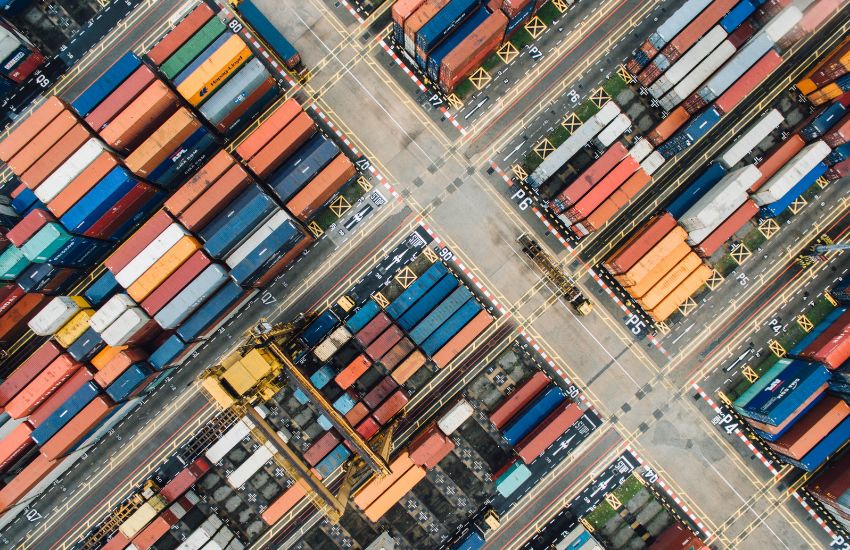Emergency Response For The Liquid Bulk Logistics Sector
The liquid bulk logistics sector is one of the most challenging sectors for chemical incidents and emergency response. Over a two-year period, a business is likely to experience at least one medium-sized incident.
Depending on the capabilities and resources of a company, there are three levels of intervention:
Level 1: Remote product information and general advice by telephone, e-mail, or fax.
Level 2: Advice from an expert at the scene of an incident.
Level 3: Assistance with personnel/equipment at the scene of an incident.
For HSEQ managers in the bulk logistics and transport sectors, the first priority for emergency response is to protect the well-being and safety of employees and members of the public.
For them, a 24-hour level 1 emergency response helpline is the first line of protection for people, the environment, assets, and commercial reputation (PEAR).
Who is picking up that emergency response call?
Having worked for both cargo owners and logistics service providers, I know that very often the emergency telephone numbers belong to professionals that are not experts in dealing with chemical emergencies.
Often because no or limited resources for an HSEQ department are available or companies do not consider that a chemical emergency could happen to them.
Ensure that your systems always have suitable features to support a fast and effective emergency response intervention at all times.
At all times means that the nominated emergency contact will always pick up the call. What if the emergency number is the mobile phone of the HSEQ manager who switches off his device when he travels by plane? Read our article “5 key questions for incident notification”.
International challenges
Being in Asia for many years, I know that language is a difficult barrier when emergencies happen. Especially during stressful situations when we need to make important decisions and make quick reactions.
Imagine you receive an emergency call in the Chinese language, a language you don’t master. What would be the impact if a caller terminates the call due to uncertainty or lack of understanding of the process? Or what if you are not able to handle in that foreign language the information that is being provided?
Global regulations are also becoming increasingly stringent and robustly enforced. HSEQ managers must implement an emergency response system that meets the regulatory requirements of the markets their businesses operate in. For example, in some countries, an emergency response must be provided in the native language and with a local number.
The impact of wrong decisions
What if you don’t know chemicals and understand their behavior in the environment? The ideal emergency response specialist has experience in handling emergencies or working with chemicals in an industrial environment. The knowledge they have gained from such experience, together with a suitable level of qualification, will allow them to offer full advice to a variety of incidents that may threaten people, the environment, assets, and reputation.
This advice should be proportional, in other words, appropriate to the size and scale of the incident. Proportionate advice enables a response that is suitable to mitigate risk from an incident, without causing the unnecessary cost or delay to the overall incident response by “over-responding”.
HSEQ Managers should make an economic case for professional emergency response based on the time and cost saved by minimizing operational disruption. It is possible to determine the extent to which an emergency response system reduces the impact of any incident and calculate the value of this.
Photo Credit: Chuttersnap on Unsplash

